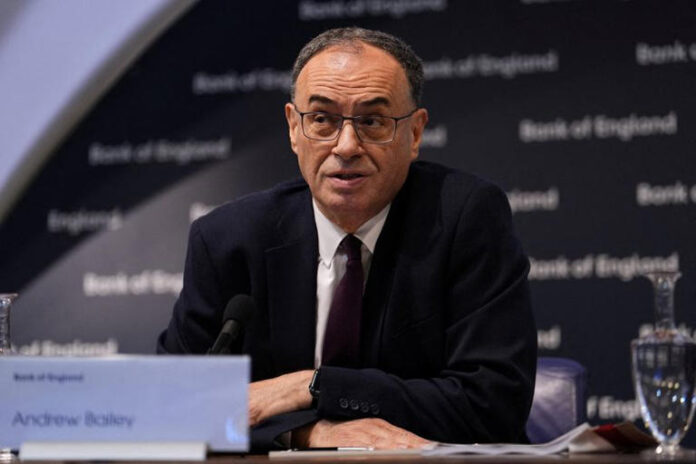Written by Lisa Murimi
Brexit will continue to drag on Britain’s economic growth for years, with businesses only partially adapting to the new realities, Bank of England Governor Andrew Bailey said on Saturday.
Speaking at a meeting of the Group of Thirty, a forum of global central bankers and financial leaders in Washington, Bailey said the long-term impact of Britain’s exit from the European Union remained largely negative for the foreseeable future.
“If you ask me what the impact is on economic growth … the answer is that for the foreseeable future it is negative, but over longer time there should be a positive, albeit partial, counterbalance,” Bailey said.
The Bank of England has consistently warned of the economic costs of the UK’s withdrawal from the EU in 2020, citing reduced trade activity, labor shortages, and higher costs for businesses.
Bailey compared Brexit’s effects to those of rising global tariffs, suggesting that both would similarly weigh on long-term economic performance.
“Increased tariffs are likely to have a similar type of impact on the world economy as Brexit had on Britain,” he noted.
The governor’s comments come as Britain continues to grapple with stagnant growth, persistent inflation, and weak business investment nearly five years after leaving the bloc.



















